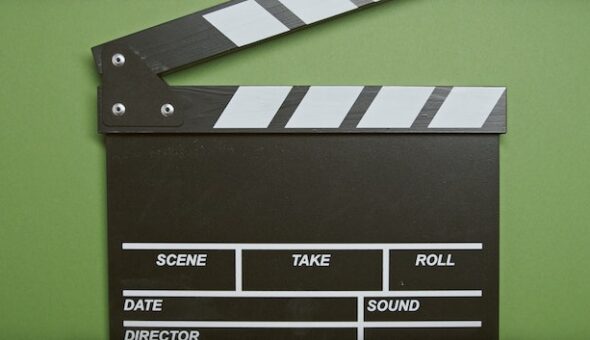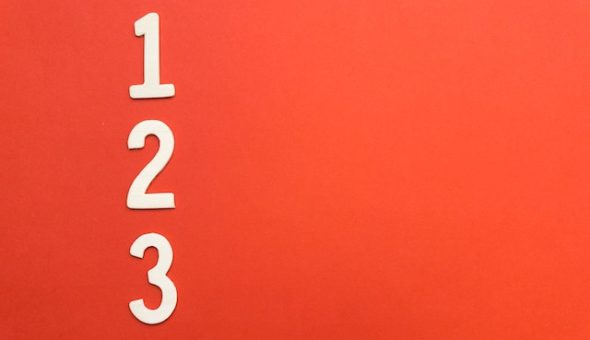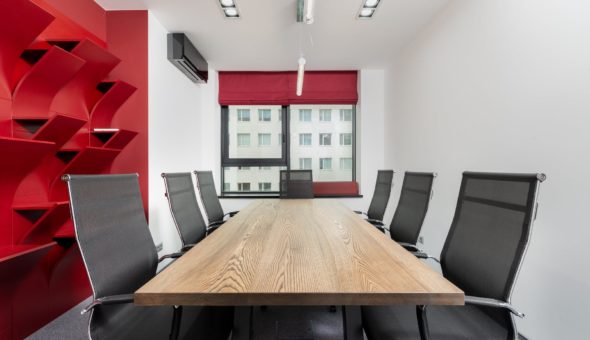You’ve researched the company, found out what kind of interview questions they will be using and have prepared some competency/strength-based answers with examples from your experience. You may have taken all the practical steps you can, such as testing your route or your tech, asking for reasonable adjustments or preparing helpful notes. Great! But what if, when the interview starts and the questions start coming, your mind just goes blank? Or worse, you start talking but have no idea about what you’re saying?
I can personally attest to having been here. There are whole interviews I can look back on without having any memory of what was actually said. The stress and heightened emotion of the situation drives out my cognitive skills and I’m left functioning on autopilot and hoping for the best.
So here are the problems. If I’m running on autopilot then how can I remember to use the tools I’ve learnt in my preparation? If I’m not fully present in the moment, am I accurately hearing and understanding the questions being asked? Am I picking up on the subtle body language of the interviewers and the nuanced inflections in the questions? Probably not.
The benefits of mindfulness
We’ve all heard of mindfulness and may be aware of the well-documented benefits, particularly in terms of reducing anxiety, improving sleep quality and reducing stress. These benefits can offer huge advantages during interview situations which invariably cause heightened stress and anxiety and can cause us to lose sleep. But even more specifically, mindfulness - or to use another term, presence – gives us so much more choice. Choice on how to respond, how to navigate the pitfalls, and choice on how to use the preparation we’ve done in the best possible way.
What does it involve?
To develop the benefits of mindfulness in most cases requires some sort of practice, and there are many different kinds. For some it involves spending time in nature. Others practice mindful exercise such as walking or yoga, maintaining focused attention on the physical sensations of the movement. More traditionally it can involve sitting in silence trying to remain present with the breath as it flows in and out of the body, letting go of other distractions and ‘thinking’. While often very simple, the benefits come from repetition: returning to the practice regularly. However, the really good news is that benefits can be obtained from practicing for just a few short minutes each time. Compare the benefits you may gain from five minutes of daily mindfulness practice versus what you get from scrolling endlessly down your social media feed!
Some practical techniques you can learn right now
However, even if you don’t have time to turn yourself into some kind of zen yogi before your next interview, there are still some techniques you can easily learn and use which could help reduce anxiety or nerves and help to ground you in the present moment to offer you that freedom on how you respond.
1. Orienting
This technique is great for reducing nerves and anxiety by sending signals to our nervous system that we’re safe from danger in our immediate physical surroundings. Use it whenever you feel ‘under threat’ and when your field of vision starts to narrow. It’s particularly helpful for interviews in unfamiliar places.
To do it, simply take a minute or two to look around your environment. Explore with curiosity and notice the bare experience of seeing. Which shapes, colours, light or lines are you drawn to? Crucially, let your head and your neck move with your eyes when you do this. When you use all three, it activates the ventral vagus nerve and this is what sends those signals of safety to our hard-wired protection mechanism. I find that consciously blinking a few times helps as well.
During the interview pick a ‘place of interest’ that you can look towards every so often, perhaps when considering how to answer a question. This could be a picture on the wall or a mark on the table, or anything else located in a place which is easy enough to look at naturally during the course of an interview.
2. Breathing
There’s a reason we frequently tell each other to ‘take a deep breath’, or ‘slow down and breathe’ when we’re upset, or before we do something challenging. Our breath is linked to our nervous system in a reciprocal relationship: a change in one affects the other. When it comes to interviews or any challenging conversations for that matter, the significance of this is enormous. Think about it: when we talk, we are literally controlling the flow of our breath over our voice box.
Give yourself one minute before the start of the interview where you do nothing except breathe. Don’t intentionally try to change your breath; your body knows how to do it. Simply be aware of how it feels in your body, focusing your attention on it. The chances are, it will naturally slow, which will help you slow the pace of your talking during the interview and make you feel calmer.
During the interview, see if you can periodically bring your attention back to your breath, for the space of one in and one out breath.
3. Grounding through gravity
Some people find it difficult to focus on their breathing. If it triggers anxiety, try this technique instead. Connect to feelings of gravity by noticing the weight of the body. This helps counter tendencies to get ‘stuck in your head’ and creates a sense of calm embodiment.
Our hands and feet are particularly sensitive so focus attention on felt sensations in those areas. Notice the weight of your hands on your lap, the feel of clothing textures against the skin and the connection between your feet and the floor. I like to try to appreciate that connection in its wider context of my physical connection to our shared planet, which supports and sustains us all. This also helps keep my fears in perspective.
During the interview, if you feel yourself rushing ahead on autopilot, try to bring your attention back to your feet on the ground for five seconds.
4. Focusing on an external object
Another great alternative to focusing on your breath, is focusing on an external item. It can be anything at all, such as the flame of a candle, a sound, or a physical item you can touch. By returning your focus, attention and awareness to a single point, it allows us to let go of unhelpful thinking, worries or the stories we tell ourselves which fuel our anxiety.
For an interview, an item such as a small pebble you could keep hidden in a pocket would be ideal. Take a minute before the interview to try to keep your attention on your chosen item. You could do this visually by looking at it, through touch, or both. Curiosity is a crucial element to mindfulness; see if you can engage it to really see or notice how it feels.
During the interview, reach for your item periodically to ground your awareness and remind yourself of the feeling of gentle, curious focus.
Courses and resources on mindfulness
There are loads of free resources to help you get started with mindfulness. Free mindfulness courses are regularly run as part of Student Services’ Counselling Workshops and Courses offering. A few other suggestions are listed below. Here’s a short mindfulness practice you could try right now. Given the benefits is it worth making a small commitment to doing this everyday for the week leading up to your interview? Or even longer, for your future success and happiness.
https://mindfulnessforstudents.co.uk/resources/mindfulness-audio-guided-practices/
Respond


